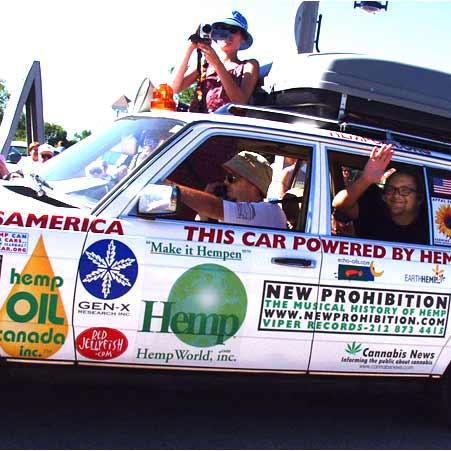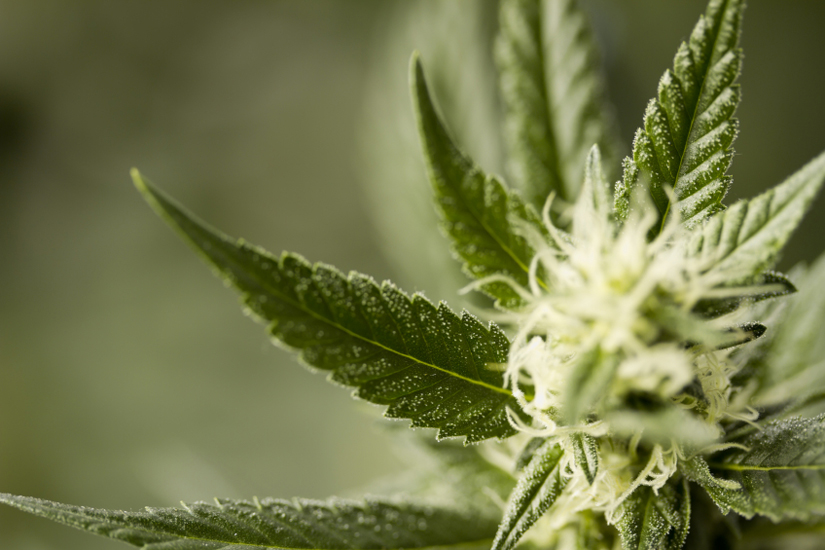THE WEST
After a “golden era” under President Barack Obama, the country’s gun sales have plummeted, reports The Guardian. The culprit is the gun-friendly presidency of Donald Trump, and the most recent casualty is Remington, which just applied for bankruptcy protection as it offloads $700 million in debt and restructures the company. Remington is one of the most famous names in weaponry, supplying arms to soldiers in the Civil War, both world wars and to generations of gun enthusiasts. And Remington is not alone: Two months ago, American Outdoor Brands, the owner of Smith & Wesson, said that its profits had fallen 90 percent over last year, and Storm Ruger, the country’s largest firearm maker, announced that its quarterly revenues were down 35 percent. The “Trump slump” reveals just how much gun sales have been politicized, said Robert Spitzer, a professor at the State University of New York at Cortland. During the Obama years, people bought guns to make a statement; these days, he said, gun sales reflect a long-term trend of declining gun ownership. Fewer people hunt, he pointed out, women and minorities aren’t that thrilled about owning dangerous weapons, and neither are young people. So who buys guns? The answer is people who already own arsenals: “Just 3 percent of the population owns an average of 17 guns each,” The Guardian reported, “with an estimated 7.7 million super-owners in possession of between eight and 140 guns apiece.” Gun sales might pick up again in the wake of the latest shooting. And, as Spitzer notes, if Democrats do well in the mid-term election, “the NRA (National Rifle Association) will no doubt use it as an opportunity to issue dire warnings about gun rights.”
THE WEST
In happy wildlife news, a pair of bald eagles near Big Bear Lake in Southern California’s San Bernardino National Forest hatched two baby chicks in February after a 35-day incubation period, during which the big birds took turns fluffing up and perching on the eggs to keep them warm. “The whole world was watching,” reports ABC News, thanks to an online streaming webcam, and thousands of people commented about the new family on the Institute for Wildlife Studies’ website. The fluffy little white chicks will fatten up in the nest for the next two to three months, reports The Associated Press.
A less happy event occurred in Utah’s Wasatch County when the state’s Division of Wildlife Resources tried to capture a cow elk with a net and haul it off by helicopter. Suddenly, reports the Salt Lake Tribune, the elk jumped up and hit the helicopter’s tail rotor, almost severing it. “Not something you see everyday, when an elk brings down a chopper,” said a crew member. No people were hurt, though the elk did not survive.
Meanwhile, chances of seeing an all-white raccoon are said to be one in 750,000. But in western Colorado, south of Durango, a family found a rare, 35-pound albino animal. Unfortunately, reports the Durango Herald, it was already dead.
WYOMING
Faced with an $850 million shortfall in the state budget and only four weeks to come up a solution, the Wyoming House got one bill moving ahead by a vote of 60-16. It won’t help the budget, though; rather, it would require the motto “In God We Trust” to be displayed in all public-school classrooms across the state and in the lobbies of state government buildings. The bill has no funding scheme; instead, the governor will “take donations,” sponsor Cheri Steinmetz, R-Lingle, told the Casper Star-Tribune. The measure awaits the full Legislature’s approval.
THE WEST
Although Bob Marley, the famous reggae singer, died in 1981, his estate made $20 million last year, putting him at No. 5 on Forbes’ list of top-earning deceased celebrities. (Dead celebrities ranking ahead of him include Michael Jackson and Elvis Presley, while Marilyn Monroe and John Lennon come in right behind.) Now, a Seattle equity firm, Privateer Holdings, has big plans to make Marley the “Marlboro Man of marijuana,” reports the Financial Times. Besides marketing “heirloom Jamaican cannabis strains,” Privateer’s subsidiary, Marley Natural, plans to sell marijuana-infused skim creams and lip balms.
In other pot news, for the first time in Aspen, Colorado, legal marijuana sales of $11.3 million last year topped liquor store sales of $10.5 million, reports the Aspen Times. The town has six pot shops and five liquor stores.
And in a pairing as natural as milk and cookies, as The Cannabist put it, “The Girl Scouts of Colorado have decided it’s now cool to peddle their baked goods outside marijuana dispensaries: Munchies, meet Thin Mints, Tagalongs and Samoas.” With safety as their top concern, troop leaders this year are free to choose just about any location likely to help budding entrepreneurs sell lots of boxes of cookies. Besides pot shops, that now includes tattoo parlors, bars, liquor stores and casinos.
credit:hcn.org











